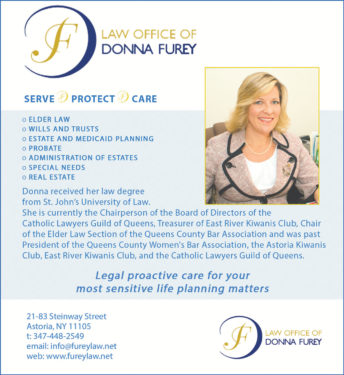Many seniors believe they will never qualify for Community Medicaid, which provides health care aides in the home, because they have too much money or too much income. This is a myth!
First, to qualify for Community Medicaid, the person must have at least three activities of daily living he or she cannot perform such as dressing, bathing, walking, etc. Generally, a doctor will provide you with a prescription for the person to be assessed or screened by a health care professional, such as a registered nurse, to determine whether the person cannot perform at least three activities of daily living.
Second, the person may only have $14,850 in assets which includes the cash value of life insurance, bank accounts, stock, etc. It does not include the value of retirement assets such as an IRA, 401K, Roth IRA, etc. If the person has assets above this amount, such assets may be transferred to the spouse without incurring any penalty. The Community Spouse may have assets between $74,820 and $119,220. If the person does not have a spouse, any transfer of assets will cause a penalty for the next five years if the person must go to a nursing home only; but for Community Medicaid purposes, the transfer of assets will only cause a penalty in the month in which the transfer of assets occurs.
Third, to qualify for Community Medicaid, the person may only have $825 in income and an additional $20 for personal needs plus monthly medical expenses such as supplemental insurance, co-pays or medical supplies. Technically, any income above the $845 plus the medical expenses would be considered “excess income” and should be paid to Medicaid for home care.
In order to legally avoid paying “excess income” to Medicaid, the excess income may be sent to a Pooled Income Trust. Trusts protect additional income and pay the Medicaid applicant’s monthly non-medical expenses such as rent, food, utilities, clothing. If the person has a spouse, Medicaid will look at the income of both people and allow them to keep $3,300 per month. Any excess income may be sent to the Pooled Income Trust along with the monthly non-medical bills.
Qualifying for Community Medicaid isn’t impossible. Consult with an elder law attorney and know your rights!

